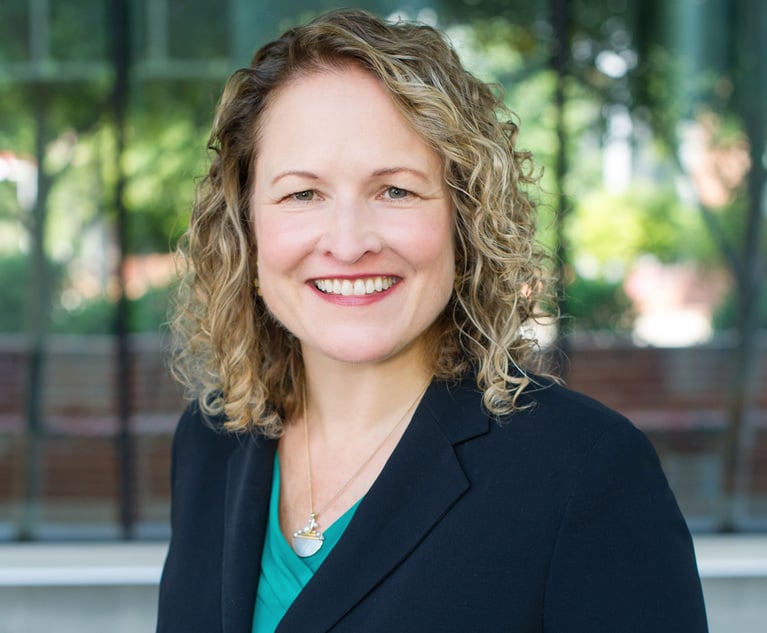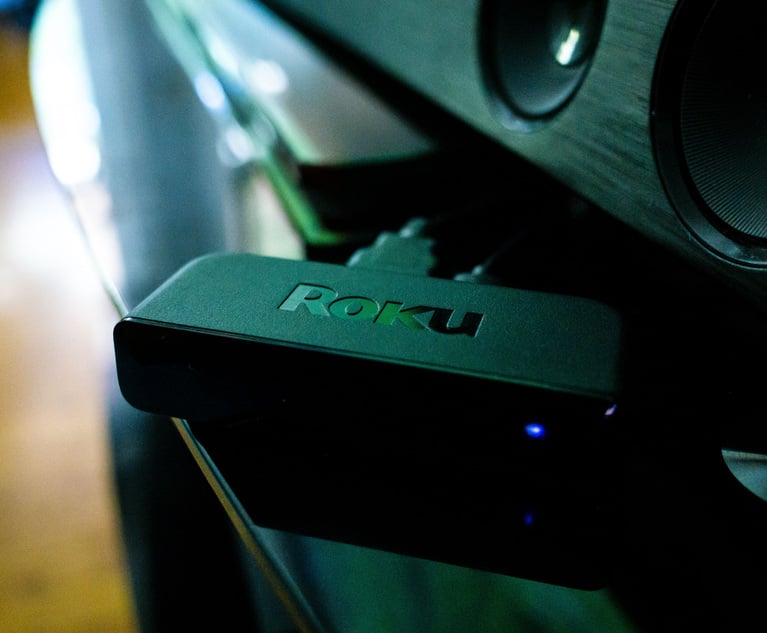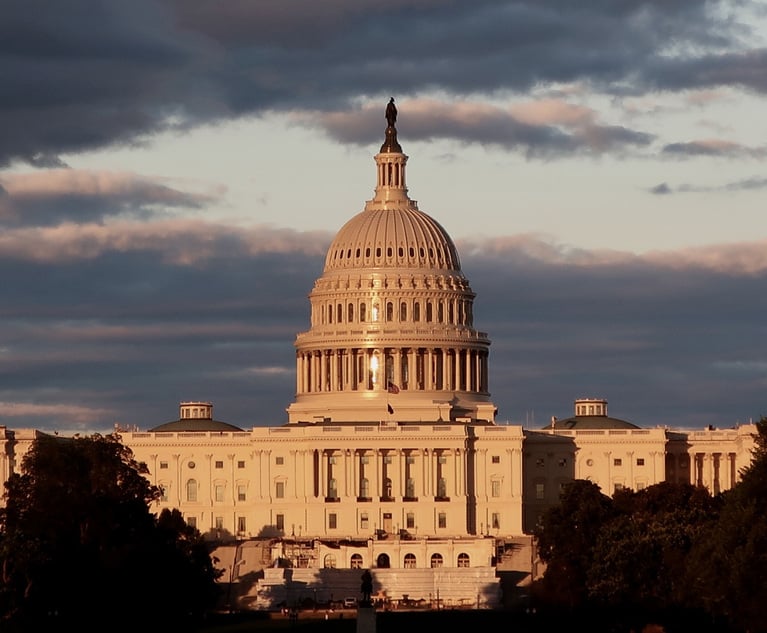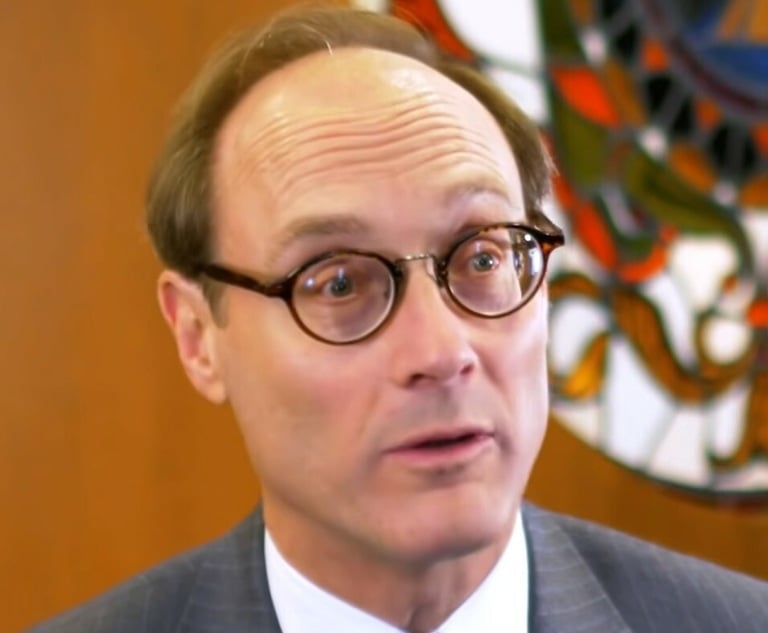This article appeared in The Intellectual Property Strategist, an ALM/Law Journal Newsletters publication that provides a practical source of both business and litigation tactics in the fast-changing area of intellectual property law, including litigating IP rights, patent damages, venue and infringement issues, inter partes review, trademarks on social media – and more.
Depravity or lust, hostility or prejudice? Whatever those might be. In Ogilvie v. Gordon, No. 20-cv-01707 (N.D. Cal. Nov. 24, 2020), the Northern District of California found that California DMV regulations excluding plaintiffs’ personalized plates were like the PTO trademark registration restrictions of SLANTS and FUCT — restrictions struck down by the U.S. Supreme Court for violating the First Amendment. The district court followed the Supreme Court in the trademark cases Matal v. Tam, 137 S. Ct. 1744 (2017) and Iancu v. Brunetti, 139 S. Ct. 2294 (2019), finding the PTO’s refusal to register certain trademarks was improper viewpoint discrimination. The result for would-be vanity license plates holders? The California DMV may not prevent registration of vanity plates like QUEER, BO1LUX, DUK N A, or OGWOOLF.








